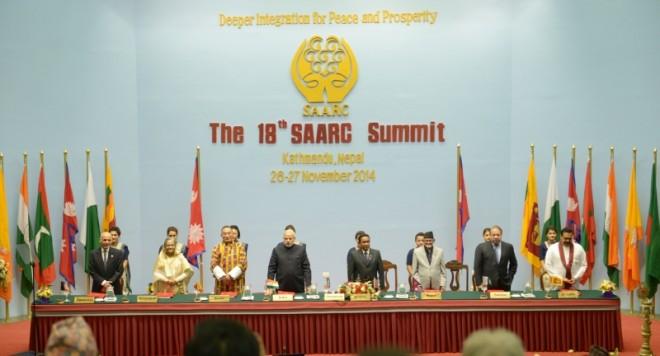
Isolated by India on the world stage over its inaction against terrorism, Pakistan is currently believed to be seeking to expand the ambit of the South Asian Association for Regional Cooperation (SAARC) to include — besides others — its traditional allies China and Iran. The move could counteract India's influence in the regional grouping.
"A greater South Asia is already emerging. This greater South Asia includes China, Iran and the neighbouring Central Asian republics," Mushahid Hussain Syed, who is part of a parliamentary delegation from Pakistan that is now in New York, was quoted as saying by the Dawn. "We want India to join this arrangement as well," he added.
The news outlet said that India is "unlikely to accept as they are comfortable with the advantage that SAARC provides them." The statement comes in light of the SAARC meet in Pakistan being postponed for an indefinite period after India pulled out over Pakistan's involvement in the Uri terror attack last month. Subsequently, other member countries followed in India's footsteps.
"Apparently, the showdown forced Pakistan to conclude that in its present shape, SAARC will always be dominated by India. That's why they are now talking about a greater South Asia," a senior diplomat said. He confirmed that Pakistan was actively looking at a fresh regional arrangement that could tilt the scales in its favour.
"Pakistan hopes that this new arrangement will give it more room to manoeuvre when India tries to force a decision on it," another diplomat was quoted as saying. It would also bring the spotlight on the China-Pakistan Economic Corridor (CPEC), which the two countries are planning to build.
The CPEC passes through Balochistan, whose residents are now trying to gain independence, and looking to India to spread word of their struggle worldwide. Pakistan could be looking to counteract this by inducting China in the new grouping.
While the proposal might sound interesting for Central Asian countries, who will look at the bigger economies for help to develop, the arrangement would mean the grouping would be too big to focus on South Asia alone, and SAARC, as we know it, would see a change in definition.

















